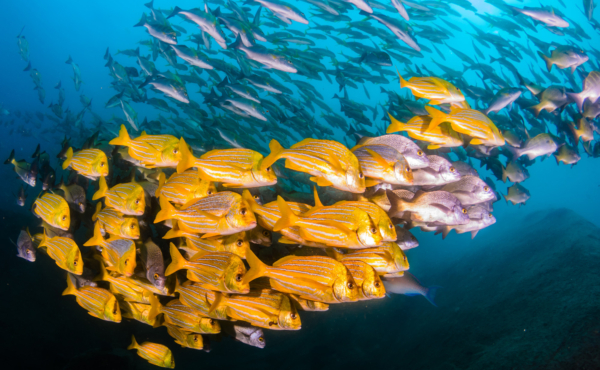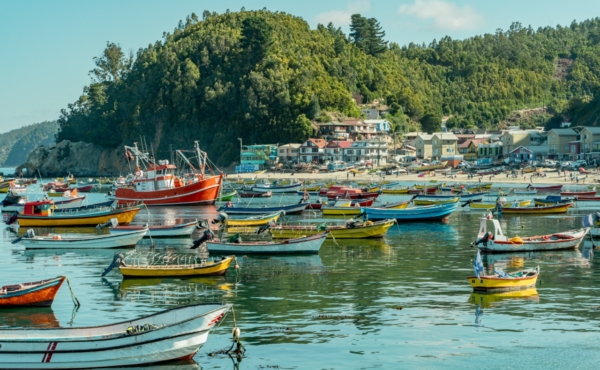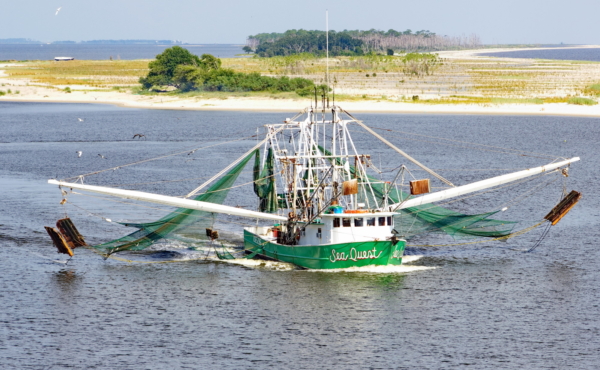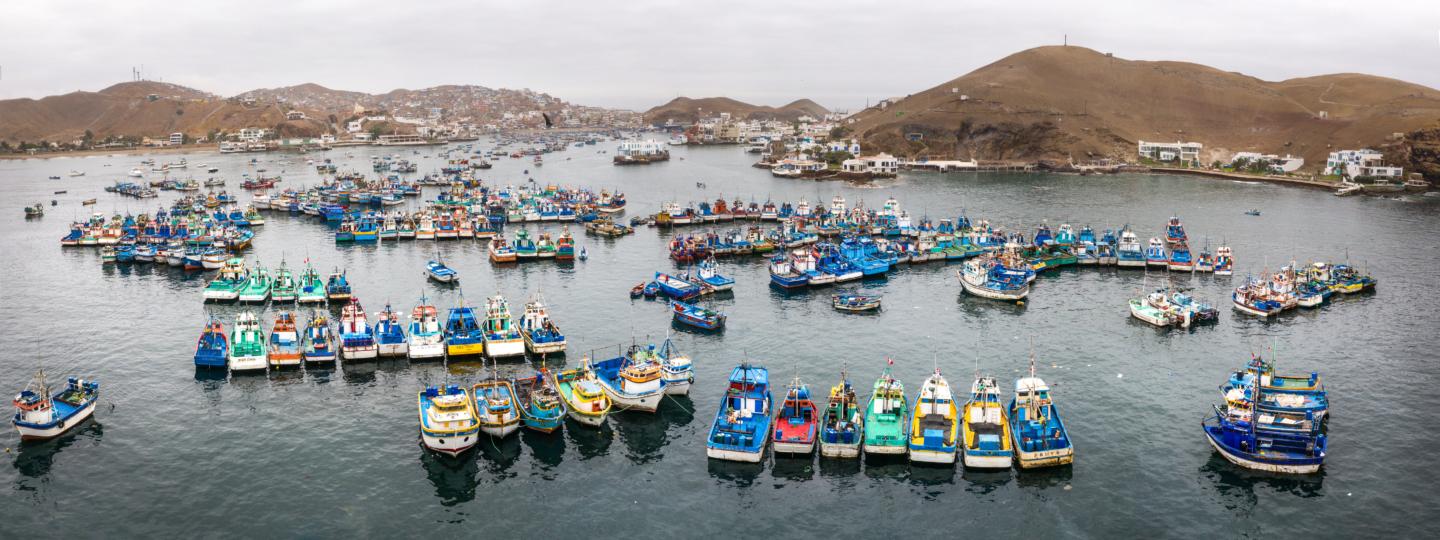Impact
Abundant Fisheries
Abundant fisheries are good for everyone.
When fish populations are healthy, plentiful, and not compromised by human activities, companies have a reliable supply of products, consumers enjoy access to low-carbon protein, and fishing communities and ocean ecosystems can thrive.
While governments are ultimately responsible for preserving and maintaining the health of fish stocks, many lack the necessary resources or technical and structural capacity to manage every fishery effectively. The vast scale of this task and competing priorities often contribute to a perceived lack of political will to ensure sustainable fisheries management.
To address these challenges, we need innovative models for managing these common resources.
This is where the seafood industry comes in. Industry, particularly resource users like fishers and beneficiaries along the value chain, has a crucial role to play in sustainably managing fisheries. Fishers should balance their rights with the responsibility of implementing sustainable practices, while companies in the value chain must align their profit motives with government mandates for sustainable fisheries management.
How industry can support fisheries abundance

Help count fish
Help count fish
Accurate and up-to-date stock assessments are the most important part of developing a sustainable management plan. Seafood businesses can support scientists in gathering and analyzing data on global fish stocks.

Help regulate fisheries
Help regulate fisheries
Effective management doesn’t end with writing good regulations. While governments set the rules, lasting solutions require active support and participation from fishers, producers, processors, and distributors.

Help enforce compliance
Help enforce compliance
This is where the top of the supply chain can help, by setting sustainability strategies and policies that require transparency, monitoring, and the avoidance of illegal fishing.
Collaboration is critical
Collaboration among and between fishers and value chain companies is key to developing and implementing effective new management models. Given that many fish populations cannot wait for governmental leadership, it is vital that these stakeholders take proactive leadership. By stepping in and spearheading collaborative sustainable management efforts, they can help secure the long-term abundance of these invaluable resources while also supporting national authorities.
SFP fosters collaboration and provides critical resources to industry.
- We work with fishers, value chain companies, and governments to develop sustainable practices and management models that enhance the resilience of fisheries.
- We facilitate the sharing of knowledge and best practices through collaborative platforms at different levels of the food system and through partnerships, helping stakeholders align their efforts with government mandates and broader sustainability goals.
- We offer technical assistance, advocate for sustainable policies, and drive industry commitments to responsible sourcing to help ensure that fisheries are not only economically viable but also environmentally sustainable, securing the long-term health of ocean ecosystems and the communities that depend on them.
Help us ensure a future of abundant fisheries
Contact SFP to learn more about how your company can take action to ensure that there are plenty of fish in the sea.

